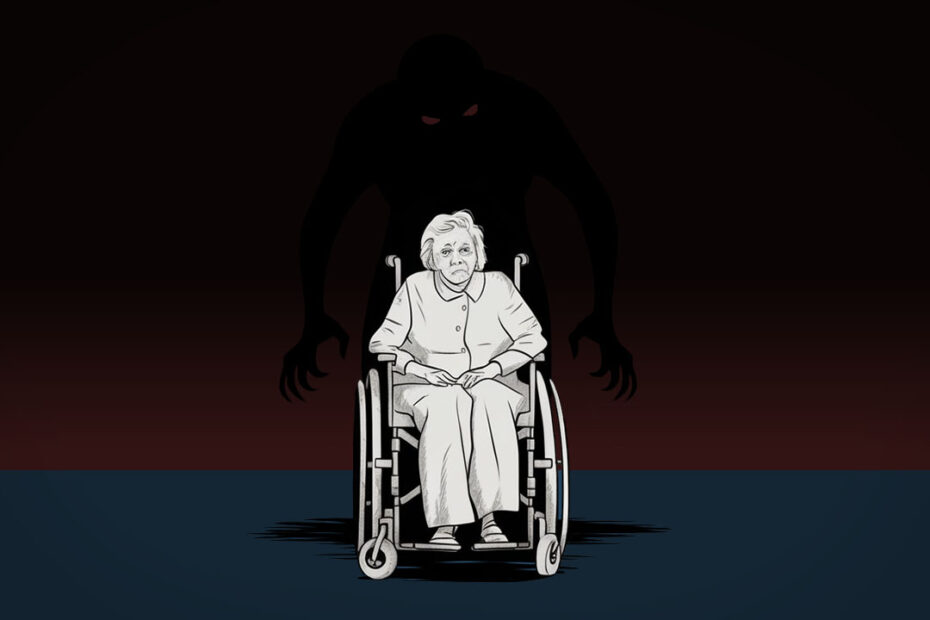By Judie Brown
While it is true that abortion, whether committed by chemical, surgical, or over-the-counter actions always results in the death of a person, it is equally true that the elderly and the sickly can suffer the same types of death. One pro-life hero, Paul Byrne, MD, calls this practice imposed death.
Just like abortion, euthanasia is committed. It is not a natural part of the life and death cycle. Yet for one reason or another the national pro-life organizations rarely discuss this practice, leaving far too many people with the unprincipled position that each human being has a right to choose how and when she dies.
It therefore seems appropriate to provide a refresher course on the topic. Exaudi Catholic News recently published an introduction to euthanasia, writing:
Euthanasia, defined as the action or omission that causes the death of a person to eliminate his suffering, is considered by the Catholic Church to be an intrinsically immoral act. According to the teaching of the Church, each human life has a unique and unrepeatable value because it is created in the image and likeness of God. Therefore, euthanasia violates human dignity and contradicts the commandment, “Thou shalt not kill.”
The Catechism of the Catholic Church (n. 2277) emphasizes that “whatever its form or motives, euthanasia constitutes a homicide gravely contrary to the dignity of the human person and to respect for the living God, his Creator.”
The Catholic Church does approve ethical palliative care, but as history has shown, even that can be abused causing premature death. This is so because when a healthcare provider has “genuine respect for the life of every person committed to their care, it can be a blessing for patients and their families.” But when respect for the dignity of a patient is not part of the equation, imposed death follows.
Through the history of the Church, popes have been very clear on what it means to respect life from its beginning until death. For example, Pope Paul VI (1963-1978), in an address to the United Nations, said “Above all the precious right to life—that most fundamental of all human rights—must be affirmed anew, together with the condemnation of that massive aberration which is the destruction of innocent human life, at whatever stage it may be, through the heinous crimes of abortion or euthanasia.”
This teaching was echoed again by Pope John Paul I, who during his brief reign as pope emphasized that in the teaching of principles that help others form their consciences, there are fundamental principles including “respect for one’s neighbor, for his life and for his dignity,” not to mention care for his spiritual and social progress as well. In other words, the fundamental rights of another are always paramount in the words and actions of the caregiver.
But perhaps the most exhaustive teachings on this topic came from Saint John Paul II (1978-2005), who was a tireless defender of life. In his encyclical Evangelium Vitae (1995), he declared: “Euthanasia is a grave violation of the law of God, since it is the deliberate and morally unacceptable killing of a human person.”
His use of the phrase culture of death to describe actions contrary to respect for the inviolable right to life has become our most definitive way of defining those who advocate for, practice, or decriminalize acts that are contrary to Godly principles.
The Church also published the Vatican Declaration on Euthanasia, which addresses the horrors of crimes against the dignity of the human person, stating in part, “Human life is the basis of all goods, and is the necessary source and condition of every human activity and of all society. Most people regard life as something sacred and hold that no one may dispose of it at will, but believers see in life something greater, namely, a gift of God’s love, which they are called upon to preserve and make fruitful.”
Finally as Pope Francis said, “Pain is never overcome by death, but by love.”
Today we are called to spread that message in every way we can, realizing that through us the Lord speaks to others. This is how we undo our nation’s project of stealth euthanasia.
Thus, dear Lord, “we pray that we, whom you have made stewards of creation, may remain faithful to this sacred trust and constant in safeguarding the dignity of every human life.”
